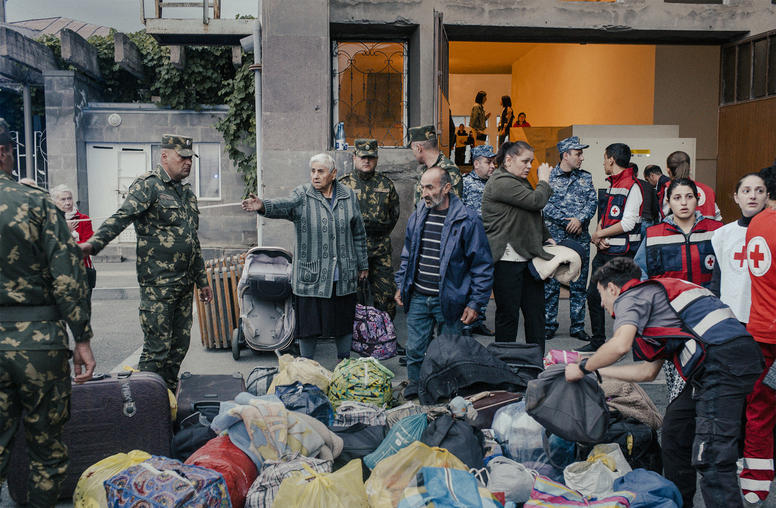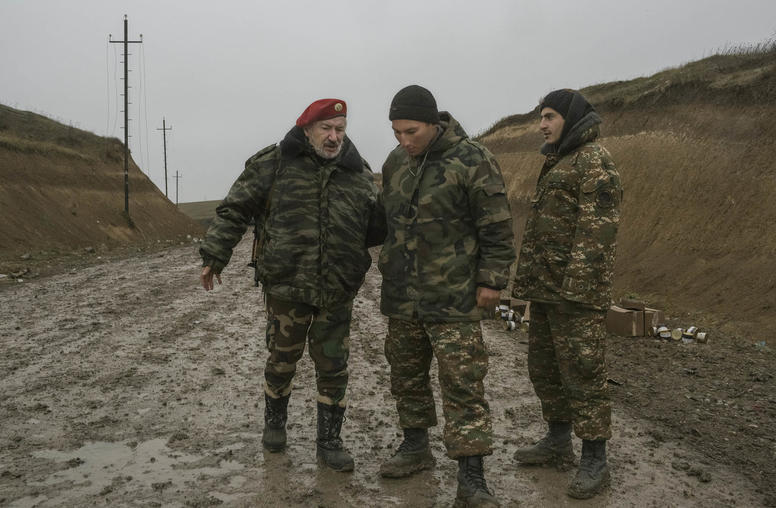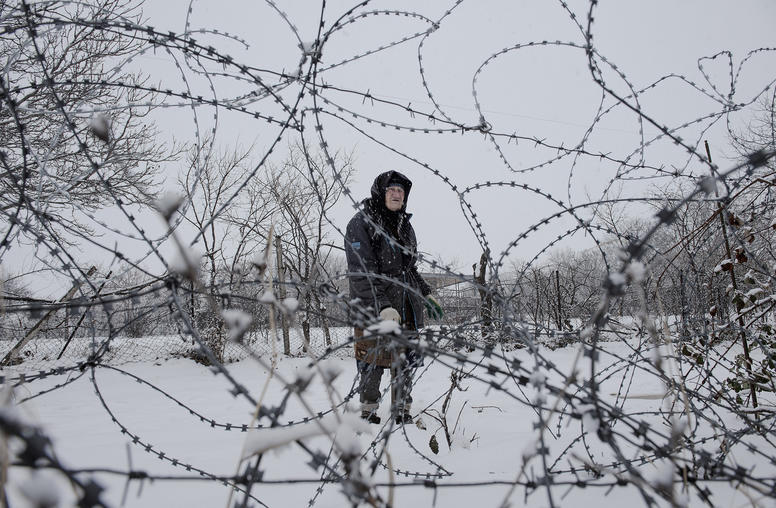War in the Caucasus: A Proposal for Settlement of the Conflict over Nagorno-Karabakh
The conflict between ethnic Armenians and ethnic Azerbaijanis over the enclave of Nagorno-Karabakh has produced thousands of casualties, over one million refugees and displaced persons, and considerable physical damage. Up to now, all attempts to arrange a sustainable ceasefire have failed. The following proposal, by Ambassador John J. Maresca, former special U.S. negotiator for Nagorno-Karabakh, outlines a political settlement of the conflict, with the aim of providing a new impetus to the negotiating process and a reference point for consideration of the eventual political solution.

The conflict between ethnic Armenians and ethnic Azerbaijanis over the enclave of Nagorno-Karabakh has produced thousands of casualties, over one million refugees and displaced persons, and considerable physical damage. Up to now, all attempts to arrange a sustainable ceasefire have failed. The following proposal, by Ambassador John J. Maresca, former special U.S. negotiator for Nagorno-Karabakh, outlines a political settlement of the conflict, with the aim of providing a new impetus to the negotiating process and a reference point for consideration of the eventual political solution.
The United States has been a key member of the "Minsk Group," a small negotiating body mandated by the Conference on Security and Cooperation in Europe (CSCE) to find a solution to the conflict. This is the only conflict on the territory of the former Soviet Union where the United States has such a direct role. How the problem is dealt with will be an important test of the willingness and ability of the United States--and the international community--to make a positive contribution to the resolution of disputes of this kind, particularly on the territory of the former USSR.
A negotiated resolution of this conflict is most likely if based on the following elements:
- Nagorno-Karabakh would be reconstituted as the Republic of Nagorno-Karabakh (RNK), a self-governing legal entity within and freely associated with the sovereign Republic of Azerbaijan.
- Armenia and Azerbaijan would sign a treaty on mutual transit rights across each other's territory.
- Refugees would be permitted to return to their homes, with certain villages designated for international monitoring.
- All of Armenia and Azerbaijan, including RNK, would be a free trade area.
- All agreed arrangements would be included in two documents to be the basis for a diplomatic solution signed at the Minsk Conference.
- The provisions of these documents would be guaranteed by the CSCE and the UN Security Council.
- The United States should not be involved on the ground in the Caucasus, but should take the lead in building good road connections between RNK and Armenia, and between Azerbaijan and Nakhichevan, an exclave of Azerbaijan.
- A donors conference would be organized to raise funding for the economic reconstruction of the region.



